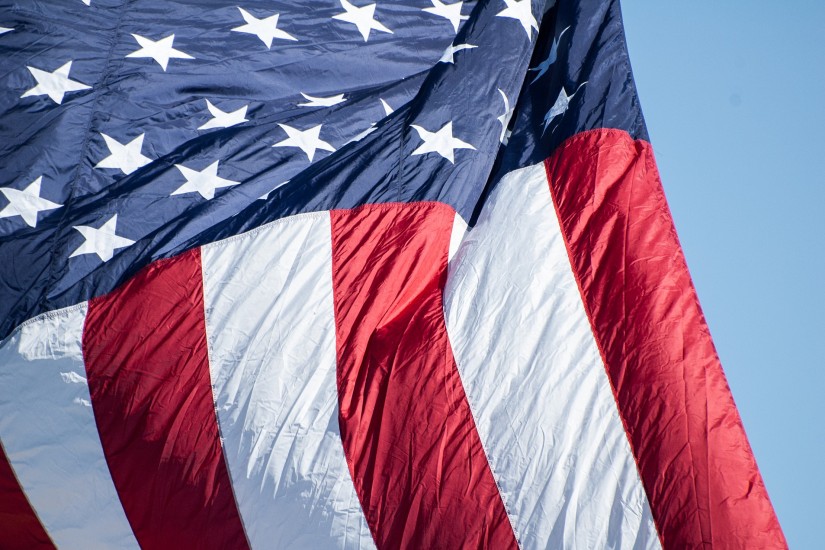Sean Illing
I want to pivot to this idea of the “American dream,” which intersects with the America First movement.
So the American dream, as initially conceived, was very much rooted in a working-class social democratic aspiration for equality and upward mobility, but you describe how this notion was gradually co-opted and turned upside down. What happened?
Sarah Churchwell
We associate this phrase with ideas of free market capitalism and with conversations on the right about individual opportunity and liberty and all this small government stuff.
But when you search for the origins of the phrase “American dream,” it turns out it emerged on the progressive left to argue the opposite side of the case — to say that unchecked capitalism and huge increases in private wealth would destroy the American dream of opportunity, because of inequality.
The meaning of the phrase started to change after WWII. The newfound emphasis on individual economic liberty was in tension with the idea of justice for all, and this became more of a problem as economic inequality increased and the spoils of capitalism were restricted to a privileged few later in the century.
So what we had was a series of debates as the country tried to keep liberty and justice in some kind of uneasy equilibrium, but ultimately the emphasis on individual liberty and free market capitalism trumped everything else.
In the book, you talk about how these two phrases, “America First” and the “American dream,” naturally collided and came to represent the struggle between liberal democracy and authoritarian fascism.
Sarah Churchwell
Well, the collision was inevitable, especially when America First shifted from an isolationist slogan to an explicitly nativist, white nationalist slogan.
Early on, the American dream was being used all the way up to WWII as a way to describe not free market capitalism, but the rights of everybody within a democratic society, and the dreams of America for fairness and self-government.
Those ideas were bound to collide with the America First movement.
What I found so interesting was that people were speaking of the American dream as a concept that had racial equality built into it, that was inimical to anti-Semitism and other kinds of bigotries or racial prejudices, as early as the 1930s.
Most people would say that we first started to have a conversation about social justice related to the American dream with Martin Luther King in 1963, but people were arguing this from at least as early as the 1930s, and saying if this anti-Semitic America First thing starts to take hold, it will be the death of the American dream. Racial injustice would be the death of the American dream.
